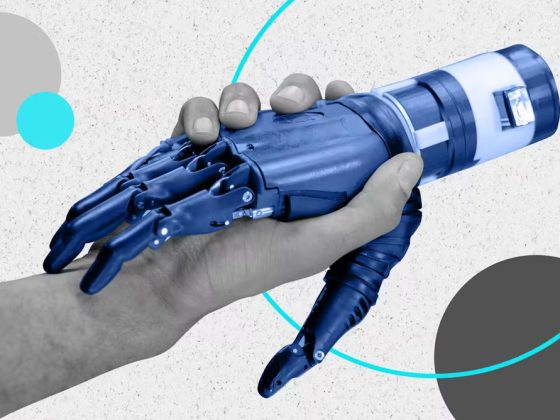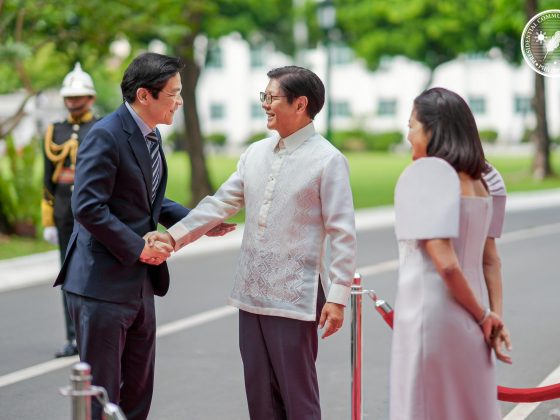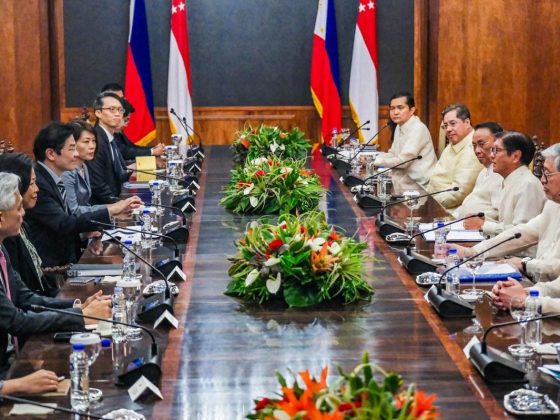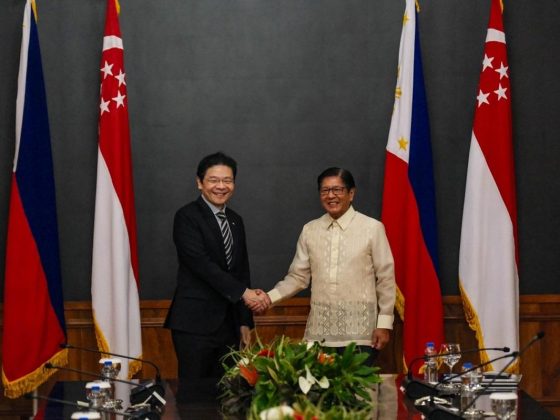As the Philippine tech industry continues to grow, professionals must be ready for a variety of interview formats. Gone are the days of simple phone screenings followed by face-to-face meetings. Today, Filipino tech companies employ multiple interview stages to find the best talent.
Phone Interviews: The First Hurdle
Phone interviews are often the first step, assessing basic qualifications and problem-solving skills. Filipino tech professionals should refresh their skills in relevant programming languages such as Python or Java. It’s crucial to be prepared to explain thought processes clearly and concisely. Researching the company and role thoroughly is essential, as is being honest about experiences and motivations. This initial step helps employers determine if candidates are worth advancing to more in-depth stages of the interview process.
Video Interviews: The Digital Face-to-Face
Video interviews have become increasingly common in the Philippines, especially for remote roles or positions with international companies. When preparing for a video interview, ensure a stable internet connection and choose a quiet, well-lit space. Maintaining eye contact with the camera and dressing professionally, as one would for an in-person interview, are key to making a good impression. These interviews allow employers to gauge a candidate’s communication skills and professionalism in a digital environment.
On-Site Interviews: The Comprehensive Evaluation
On-site interviews remain a crucial part of the hiring process, offering comprehensive evaluations of candidates. These often involve deep dives into past projects and experiences, questions about leadership and collaboration, and assessments of cultural fit. Filipino candidates should thoroughly research the company culture and prepare examples that demonstrate their skills and experiences relevant to the role. This preparation allows candidates to align their responses with the company’s values and expectations.
Coding Interviews: Demonstrating Technical Prowess
Coding interviews are common in tech roles and may involve solving coding problems in real-time, explaining thought processes, and demonstrating adaptability to new constraints. Filipino tech professionals should practice coding challenges and work on articulating their solutions clearly. This not only showcases technical skills but also the ability to think critically and communicate effectively under pressure.
Behavioral Interviews: Predicting Future Performance
Behavioral interviews focus on past experiences to predict future performance. Candidates should prepare examples of past situations relevant to the job description, practicing how to articulate their actions and results effectively. Being ready to discuss how they’ve handled challenges common in the Philippine tech industry can set candidates apart. These interviews help employers understand how a candidate might perform in real-world scenarios.
AI-Assisted Interviews: The Emerging Trend
As AI technology advances, some companies in the Philippines may begin to use AI-assisted interviews for initial screenings. In these situations, candidates should focus on using keywords from the job description, speak clearly and concisely, and be prepared for standard screening questions. While AI interviews are not yet widespread in the Philippines, being aware of this trend can help candidates stay ahead in the evolving job market.
By understanding and preparing for these diverse interview formats, Filipino tech professionals can navigate the recruitment process with confidence. This comprehensive preparation allows candidates to showcase their skills effectively to potential employers in the country’s growing tech sector, increasing their chances of securing desirable positions in this competitive field.









